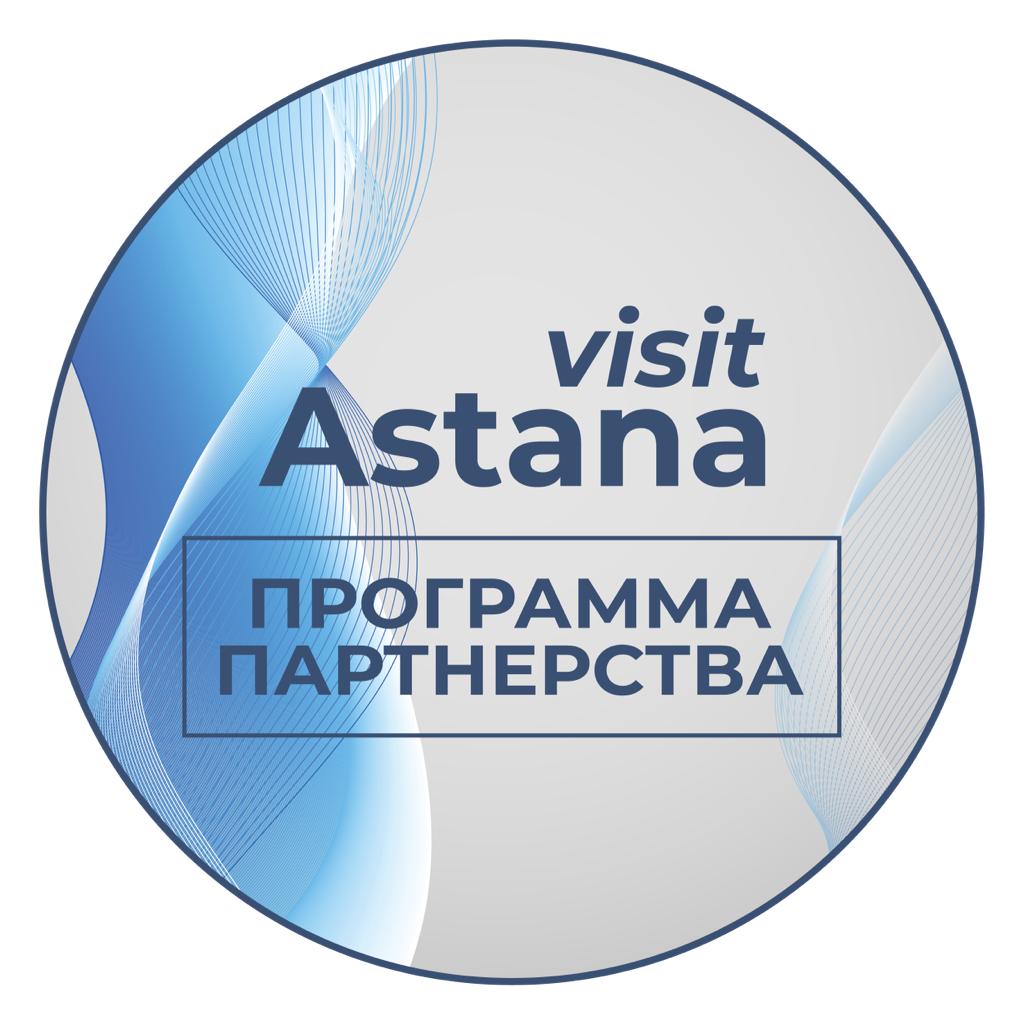- Public order in the Republic of Kazakhstan
Public order in the Republic of Kazakhstan
On Maintaining Silence During Nighttime
Nighttime in Kazakhstan is defined as the period fr om 23:00 to 6:00.
Violation of silence during this time, including noise from activities both within residential premises and outside, unrelated to urgent needs, disrupting the normal rest and peace of individuals, leads to administrative fines (Article 437 of the Code of Administrative Offenses of the Republic of Kazakhstan).
Smoking is prohibited in the following public places:
· Educational and healthcare organizations, as well as places of recreation for minors;
· Public catering establishments;
· Cinemas, theaters, circuses, concert halls, viewing and exhibition halls, sports arenas, and other indoor facilities intended for mass recreation, including nightclubs and discos;
· Museums, libraries, and lecture halls;
· Unspecified locations on trains and vessels of maritime and river transport;
· Onboard aircraft, in bus and minibus cabins during passenger transportation, trolleybuses, taxis, and urban rail transport;
· In airport buildings, railway, automobile, and water stations;
· In state bodies and organizations;
· In premises used as workplaces;
· In building entrances.
If designated places for tobacco consumption are allocated in catering establishments, trains, on vessels of maritime and river transport, and in airport buildings, railway, automobile, and water stations, wh ere the consumption of tobacco products is allowed, the prohibitions do not apply.
In case of violating the ban on tobacco consumption in specific public places, administrative responsibility arises under Article 441 of the Code of Administrative Offenses of the Republic of Kazakhstan.
Illegal Trafficking of Narcotic Drugs
Illegal trafficking of drugs, psychotropic substances, their analogs, precursors, including non-medical use of these substances in public places, entails criminal liability under Articles 296 and 297 of the Criminal Code of Kazakhstan.
A person who voluntarily surrenders drugs or voluntarily seeks medical assistance due to non-medical drug use, or actively contributes to the disclosure or prevention of crimes related to illegal drug trafficking, is exempt fr om criminal liability under this article.
Prohibition of Alcohol Consumption in Certain Places
Drinking alcoholic beverages in the streets and other public places, except for trade and catering organizations wh ere the sale of alcoholic beverages on tap is permitted by the local executive body, is prohibited.
Being in a state of alcohol intoxication in public places is considered illegal in the following cases:
· Appearing in a state of alcohol intoxication that offends human dignity and public morality (using foul language, untidy appearance, lack of clothing, lying on the ground, etc.);
· Appearing in public places in a state of intoxication for minors (under 18 years old).
In case of detecting such facts, measures are taken against the offender or their legal representatives in accordance with Article 440 of the Code of Administrative Offenses of the Republic of Kazakhstan.
If a person in a state of alcohol intoxication is tidy, behaves adequately, does not argue with anyone, and does not use foul language, it is not considered a violation.
The following actions, as stipulated by law, also incur responsibility:
-
Using foul language in public places;
-
Offensive harassment of individuals;
-
Defiling residential premises;
-
Pollution of public areas, parks, squares, including dumping communal waste in unspecified locations;
- Other similar actions showing disrespect to others, disrupting public order, and disturbing the peace of individuals.
If you are being harassed in public places:
In case of persistent approaches in public places for the purpose of buying, selling, exchanging, or acquiring items by individuals who are not entrepreneurs, as well as for fortune-telling, begging, providing sexual services, or imposing other services, you have the right to contact the police to bring them to administrative responsibility (Article 449 of the Code of Administrative Offenses).
This information is provided by the Academy of Law Enforcement Agencies under the General Prosecutor's Office of the Republic of Kazakhstan.

